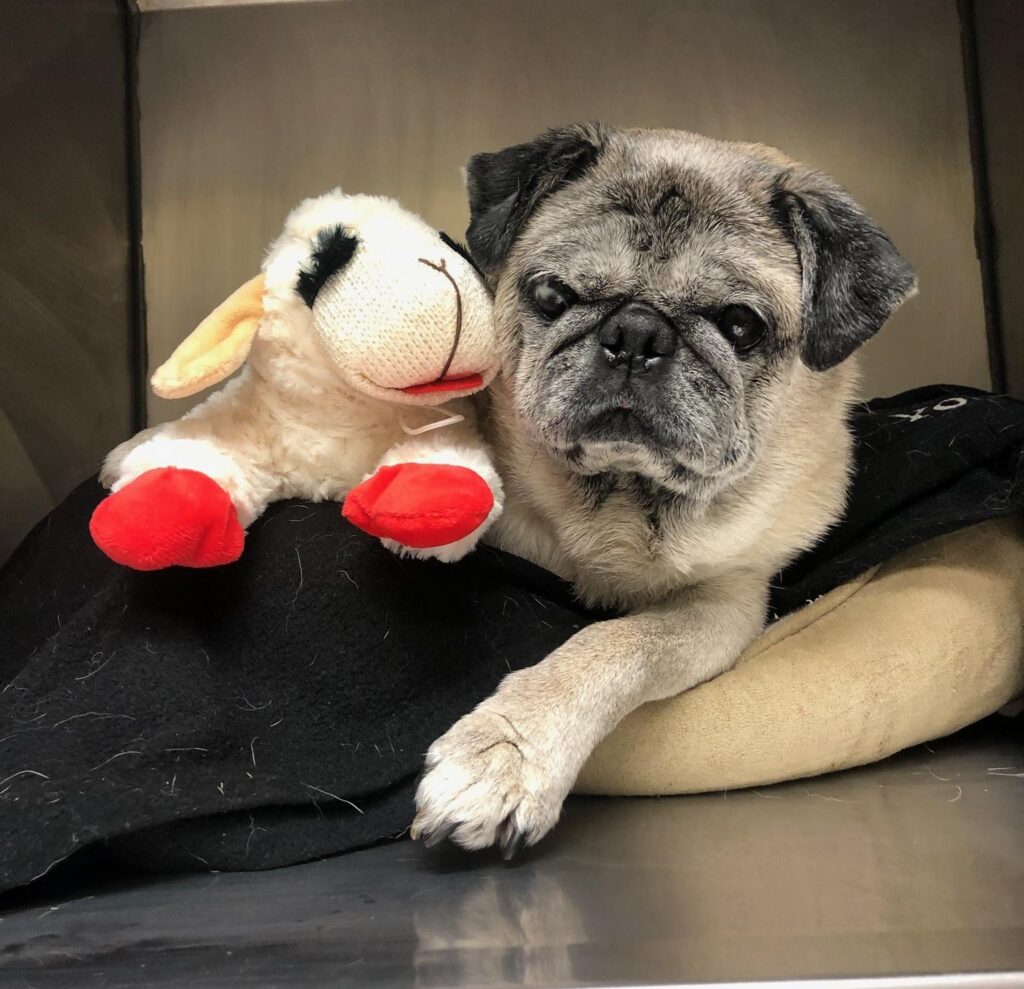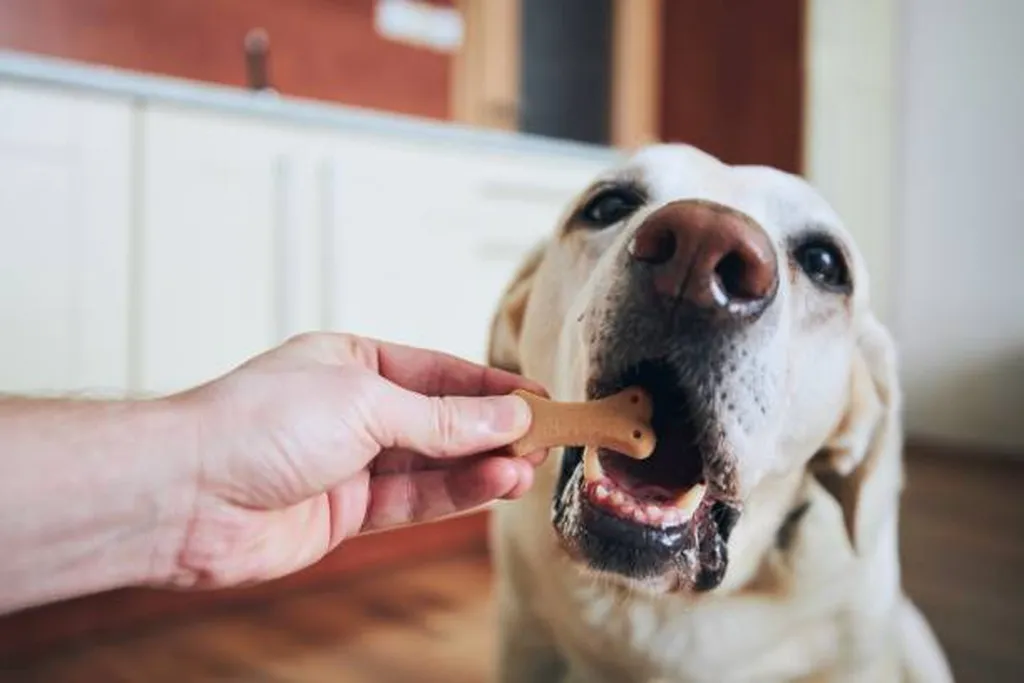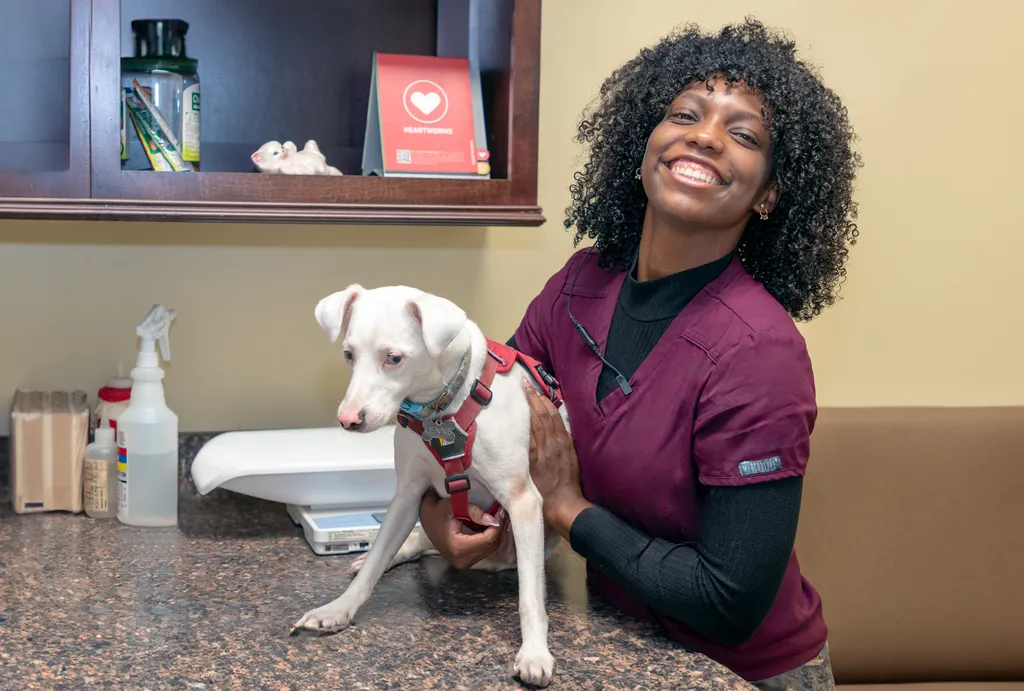If you own a small breed dog, you may have encountered the puzzling symptoms of tracheal collapse. Most characteristic of these is a honking cough that sounds something like a goose. Although episodes are usually brief, they can seem frightening to you and your dog.
This odd noise is caused by weakness in the trachea—a tube-like conduit for air travelling to and from the lungs. The airway is supported by flexible, c-shaped rings of cartilage that can begin to weaken, interrupting airflow to the lungs. Although the trachea generally doesn’t close off completely, your dog may need to gasp to push air through the narrowed channel.
In addition to the “goose honk” cough, you may observe poor exercise tolerance and labored breathing. Eating, drinking, excitement or active play can trigger the coughing. Hot, humid weather, obesity, and irritants such as smoke can worsen symptoms.
The causes of this condition are unknown, although there is likely a genetic predisposition. Symptoms can present at any age and may get worse with age. Any breed can suffer from the condition but it is most common among toy and small breeds such as the Yorkshire Terrier, Pomeranian, Shih Tzu, Maltese and Chihuahua.
Tracheal narrowing can sometimes be seen on an x-ray; however, a fluoroscopy may be recommended to observe airflow through the trachea. Fortunately, tracheal collapse often responds to treatment. We may prescribe medications to reduce inflammation and coughing, and antibiotics if an infection is present. Severe cases may require surgery to insert a stent that helps support the collapsing trachea.
Pet owners can help diminish the symptoms through weight loss, monitoring your dog’s exercise and excitement, and using a harness instead of a collar to prevent pressure on the trachea. Calming your dog during an attack is also important since anxiety can exacerbate the symptoms. Be sure to let us know if you have observed symptoms of tracheal collapse in your dog.



